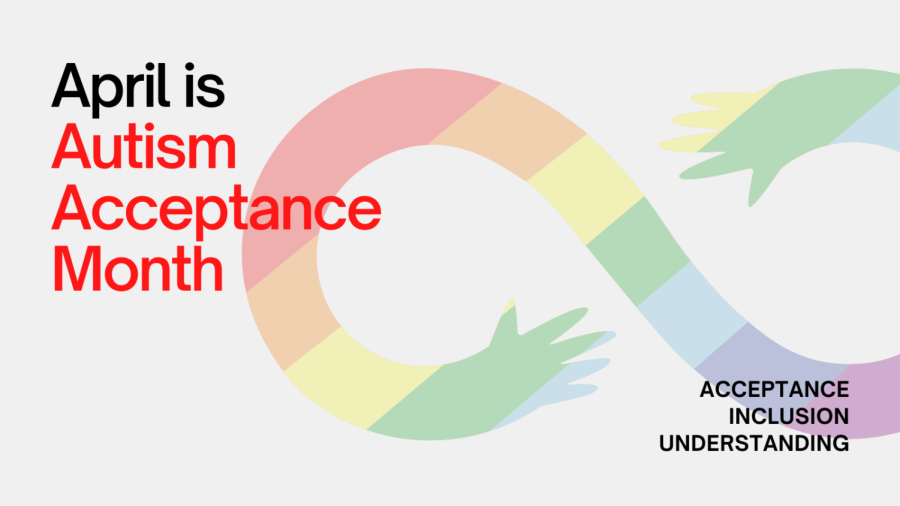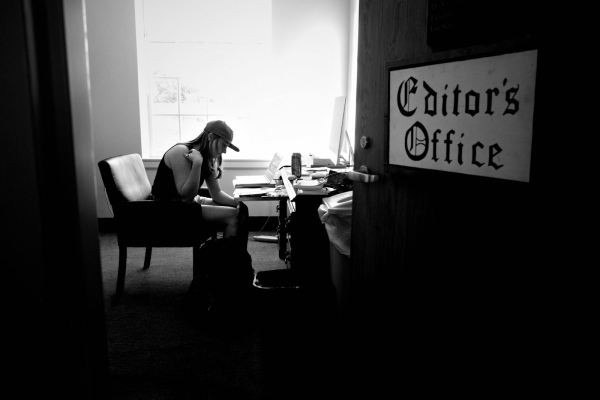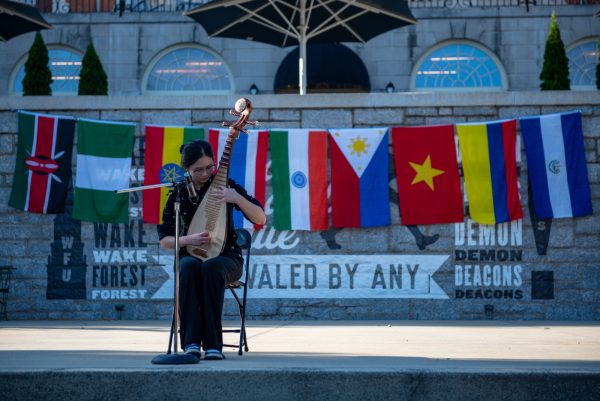The Old Gold & Black celebrates Autism Acceptance Month
Courtesy of Washington University
Autism Acceptance Month is an important moment to reflect on allyship.
April 5, 2022
The month of April marks Autism Acceptance Month (AAM) — previously called Autism Awareness Month. Awareness is knowing that a person has autism, whereas acceptance is the connection and inclusion of these persons.
As with most months which center around the experiences and history of nondominant groups, there are quite a few missteps that allistic — a person who is non-autistic — allies make during AAM.
The foremost misconception allistic allies have is that Autism Speaks is anything other than a hate group. A former executive of Autism Speaks said in a promotional video that she had contemplated driving off a cliff with her autistic child to kill them both. Additionally, the autistic community at large has criticized Autism Speaks for years for not representing the autistic community and having no autistic individuals on its board. Autism Speaks’ mission is to “cure” autism and root it out from society instead of honoring and celebrating those whose brains are wired differently.
On Wake Forest’s campus, advocacy for autistic and otherwise neurodivergent people has come a long way. Last April, the student organization formerly known as Autism Speaks WFU disaffiliated from Autism Speaks. The organization was later renamed Deacons for Neurodiversity, as a measure to include all students who struggle with mental health. This is a positive step.
In terms of what allistics at Wake Forest can do to support their autistic peers, there are many options for support. In interpersonal conversations, using tone indicators to help autistic people who have trouble detecting differences in inflection is a great first step. Additionally, allowing autistic individuals to unmask their autistic traits — such as self-stimulating behavior — goes a long way in decreasing the quotidien exhaustion of autistic people. Another great way to be an ally to autistic people is to defend them when they are not in the room and to make a point to push back against the use of ableist slurs — especially the one that begins with the letter “r”.
This is a non-exhaustive list, and autistic people are not a monolith. If you have autistic people in your life, it warrants asking them to explain their support needs. Our Wake Forest community needs to be as inclusive as possible — these steps and others go a long way toward autistic acceptance.


















You don't represent me! • Apr 7, 2022 at 7:15 am
Don’t lecture me about acceptance. Don’t regurgitate talking points of woke talking points. And DON’T act like you neurodiversity groups represent everyone with autism. I don’t need your acceptance. I’m autistic and you woke schools are used for nothing outside brainwashing students. Shame on you.